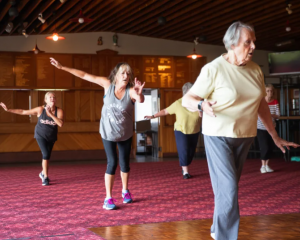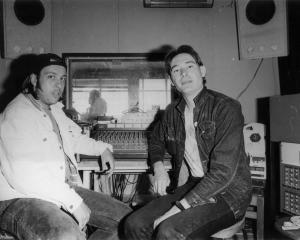
After heading to a see a local band last year at an Auckland bar, Gaby Ivanov-Giraldo said she was the victim of drink spiking.
Ivanov-Giraldo told RNZ's Sunday Morning she felt a sense of responsibility to share her experience.
"It's given me a great deal of responsibility, it's like a feeling of duty ... This has happened to you, you have a voice, and you have an outlet where you are actually able to talk about these things," she said.
She recalled that on the night she had been talking to some strangers at the bar and buying a few rounds of drinks, before she suddenly began to feel incredibly drunk very suddenly.
"What started happening at around 9.30 is I started to feel really intoxicated. I did recall a particular stranger that was talking to me for most of the night.
"I don't have a very good perception of time at this point. But what I do remember is that my vision starts to blur, I'm starting to feel a lot of anxiety and suspicion about what's happening. And I manage to escape the bar regardless."
She sat down on a nearby park bench where she was found by some young people who helped her get home safely, she said.
"They've offered me a pump bottle full of water, and they've asked me how I'm getting home. And I said 'oh I'll just walk' and they said "absolutely not". So these kind strangers get me an Uber home. And I managed to get home all safe.
"I started to hear a lot of horror stories after that about family friends that this has happened to and unfortunately people that weren't so lucky.
The emotional effects of the spiking lasted more than one night, she said.
"For about a week after, actually, I was experiencing some pretty high anxiety ... it was beyond frightening.
"It's really easy for someone to go and blame themselves but no-one should," she said.
"Spikers are criminals and we need to remember that."
It was also scary to see the range of motives that people had for spiking, she said.
"If it's not a woman that is getting taken advantage of or someone wants to take them home, it could be they're just having a laugh, they think it's funny, or they might not like the person so they're doing something perhaps out of revenge, or it could be someone that's got a wallet there that's got credit cards and cash in it."
People should never be ashamed to come forward, she said.
"I think my best advice is honestly just stay brave and report it. If at any point you start to feel drunker than you actually are, have any blurred vision, or for example you're talking quite long to a stranger, even if they're really friendly and they seem kind. Just be aware of that.
"Perhaps stick to bottles because you can see someone opening it.
"And also just don't be afraid to report because ... you never know what could have happened and you can also stop someone else from getting spiked and having something way worse from happening."
Alcohol and Drug Services had a lot of information about how people could stay safer, she said.













